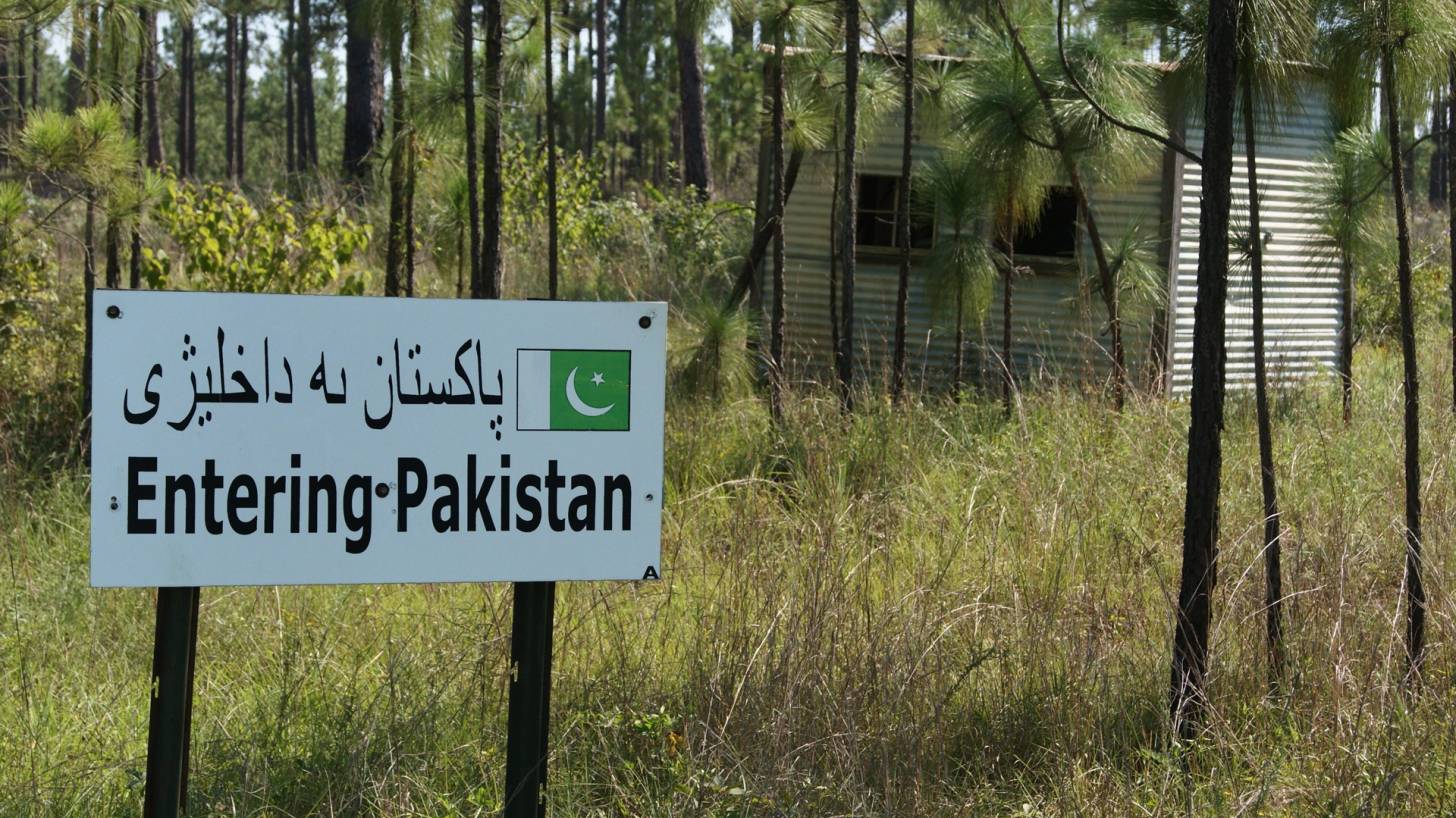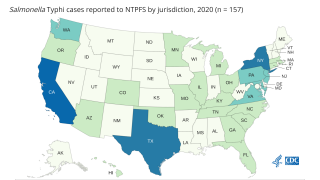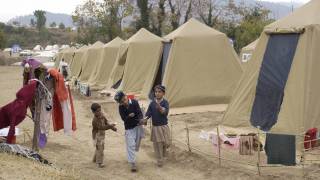Typhoid Fever Is A Risk When Visiting Pakistan

The Centers for Disease Control and Prevention (CDC) issued a statement that indicates anyone traveling to Pakistan is at risk of developing drug-resistant, Extensively Drug-Resistant (XDR) Typhoid Fever.
And this XDR typhoid fever risk is the greatest for adolescents.
The CDC reported January 11, 2019, that 29 Americans who had visited Pakistan between 2016-18 were diagnosed with XDR Typhi typhoid fever.
Five of those patients were adolescents.
In Pakistan, typhoid cases have been detected in Karachi and Hyderabad, with recent reports increasing the number of cases to 5,372 during 2018.
Worldwide, approximately 12–27 million cases of typhoid fever occur annually.
In the United States, approximately 350 culture-confirmed cases are reported to CDC each year. Most U.S. patients report having traveled internationally within the preceding 30 days.
The spread of the XDR Typhi strain from Pakistan to neighboring countries, such as India, might occur, says the CDC.
Approximately 2.4 million trips from the United States to India were taken in 2017 and these returning travelers from India typically account for 57–69 percent of typhoid fever cases reported to CDC.
Which could expand the risk of a worldwide outbreak.
Typhoid fever is a systemic febrile illness that requires prompt antibiotic treatment, says the CDC.
Symptoms of typhoid fever often include high fever, weakness, stomach pain, headache, cough, and loss of appetite. Some people have diarrhea or constipation.
In rare cases, typhoid fever can be fatal.
Previously, the CDC had issued a Level 2 Travel Alert in June 2018, which notified Americans that a typhoid fever outbreak was reported in Pakistan.
This outbreak was caused by Salmonella enterica serotype Typhi (Typhi), resistant to chloramphenicol, ampicillin, trimethoprim-sulfamethoxazole, fluoroquinolones, and third-generation cephalosporins.
The CDC said anyone traveling to Pakistan, India, or Bangladesh should visit a doctor or a travel clinic at least 2 weeks before departing on their trip to discuss typhoid fever precautions, such as medicines and vaccines.
Moreover, Typhoid vaccines lose effectiveness after several years, says the CDC.
Two typhoid vaccines are available in the United States. Both typhoid vaccines protect about 50–80 percent of recipients.
- Vi capsular polysaccharide vaccine (ViCPS) Typhim Vi, manufactured by Sanofi Pasteur) for intramuscular use,
- Oral live attenuated vaccine (Vivotif, manufactured from the Ty21a strain of serotype Typhi by PaxVax).
Taking Typhoid antibiotics is a good idea, but they will not prevent typhoid fever, says the CDC.
Alexandria Duffield, Pharm.D. Clinical Pharmacist, MTM and Immunization Specialist for Brookshire Grocery Company, recently said: “Sit down with a pharmacist so they can go over vaccine recommendations and help protect you against vaccine-preventable illnesses."
Typhoid vaccination appointments can be easily scheduled at Vax-Before-Travel.
And vaccine discounts can be found here.
Vaccines, like any medicine, can have side effects. You are encouraged to report negative side effects of vaccines to the FDA or CDC.
Our Trust Standards: Medical Advisory Committee
- Emergence of Extensively Drug-Resistant Salmonella Typhi Infections Among Travelers to or from Pakistan — United States, 2016–18
- Salmonella enterica Serovar Typhi in Bangladesh: Exploration of Genomic Diversity and Antimicrobial Resistance
- Health Information for Travelers to Pakistan
- Extensively Drug-Resistant Typhoid Fever in Pakistan
- Typhoid Fever and Paratyphoid Fever

























